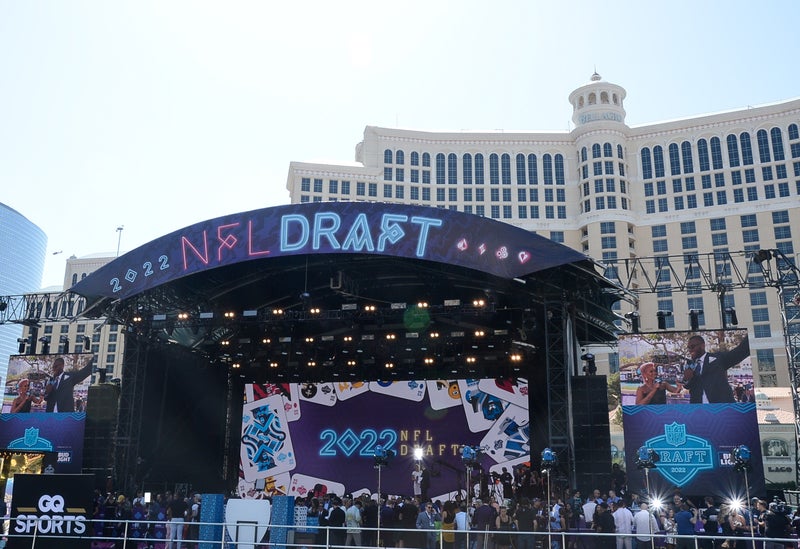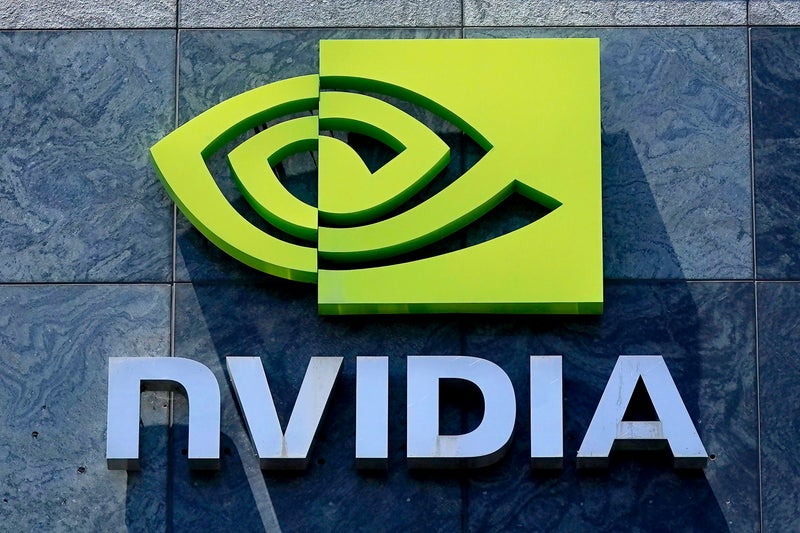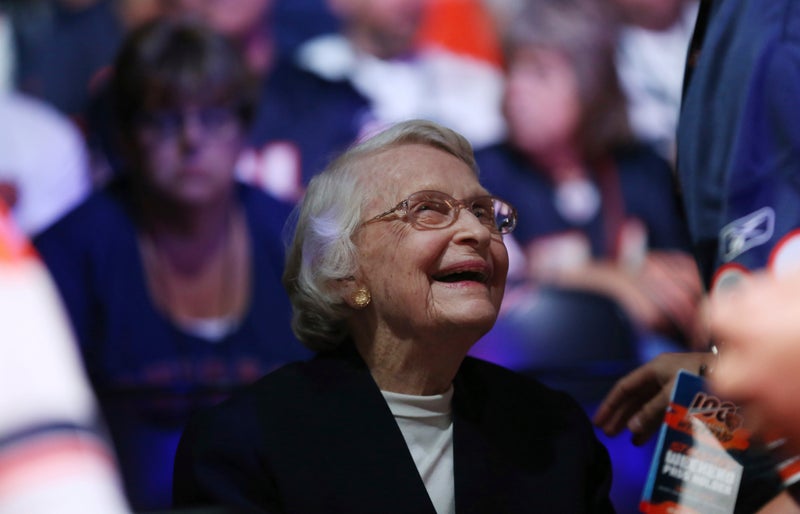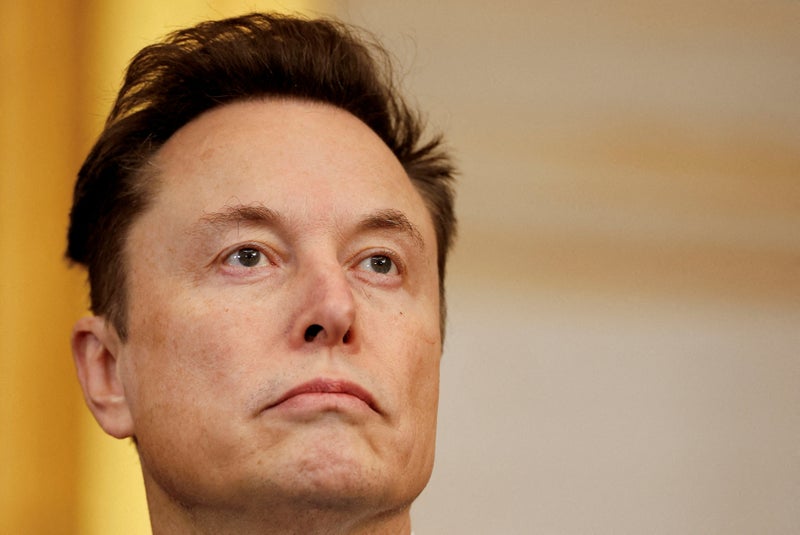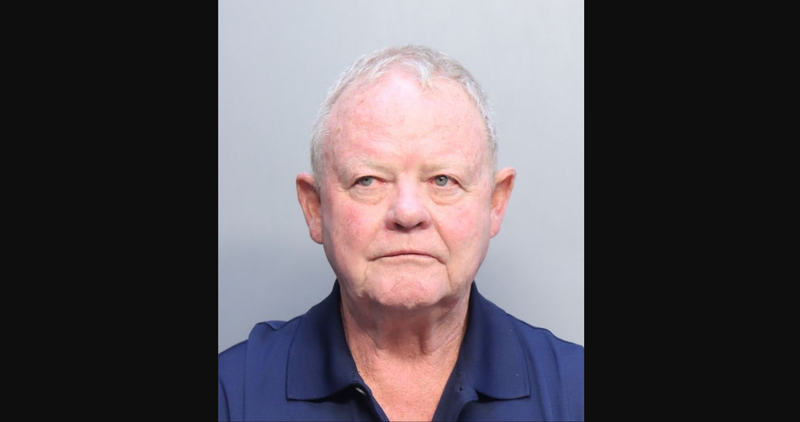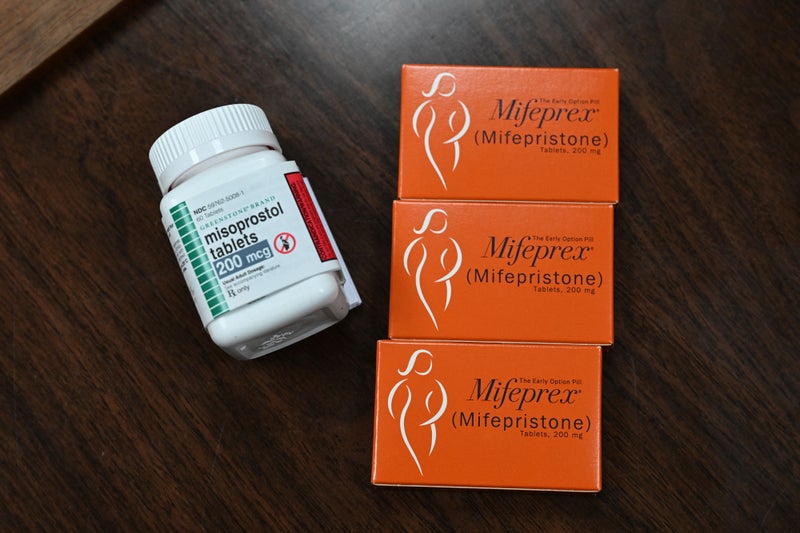The biggest challenge of the fragile ceasefire is yet to come. As a fragile ceasefire between Israel and Hamas approaches its end on Saturday, uncertainty looms over the next steps. The initial phase, which halted 15 months of intense conflict, was intended to pave the way for further negotiations.
![[Netanyahu in the occupied West Bank]](https://static.independent.co.uk/2025/02/21/17/14/WhatsApp-Image-2025-02-21-at-16-25-24.jpeg)
These talks were meant to address the release of remaining hostages captured during the October 7 2023 attack that initiated the war. In exchange, Hamas sought the release of more Palestinian prisoners, a lasting ceasefire, and a complete Israeli withdrawal from the Gaza Strip.
![[Family members wait for the return of Palestinian prisoners]](https://static.independent.co.uk/2025/02/23/09/Mideast_Wars_74991.jpg)
However, these negotiations have yet to commence, with only preliminary discussions taking place. The first phase has been marred by disputes. While Hamas has released all 25 living hostages included in the initial agreement, in exchange for hundreds of Palestinian prisoners, disagreements persist. They also released the bodies of four captives and are expected to turn over four more.
It is believed that Hamas still holds more than 60 captives, with approximately half presumed dead. Israel has postponed the release of around 600 Palestinian prisoners, citing concerns over the treatment of released captives. Reportedly, Israel is seeking an extension of the first phase to ensure the release of more captives. However, Hamas insists on the release of the delayed prisoners before engaging in further negotiations.
The second phase was always going to be the most difficult because it would likely force Israel to choose between its two main war goals — the safe return of the hostages and the annihilation of their captors. Hamas, though weakened, remains in power with no internal challengers. In exchange for the remaining living hostages — its main bargaining chip — it is demanding a lasting ceasefire and the full withdrawal of Israeli forces. A third phase would see the exchange of remains and the start of Gaza's daunting reconstruction process, which is expected to take years and cost billions of dollars.
Steve Witkoff, the Trump administration's Mideast envoy, is returning to the region this week. In an interview with CNN's "State of the Union" on Sunday, he said he will aim for an extension of Phase 1 to buy time for negotiating the second phase. But Egypt, which has served as a key mediator, has refused to discuss an extension of Phase 1 until negotiations over Phase 2 begin, according to two Egyptian officials who were not authorised to brief reporters and spoke on condition of anonymity.
One official familiar with the negotiations said the mere launch of Phase 2 talks would keep the truce intact, according to the language of the deal. That would mean a continued halt in fighting and aid flowing into Gaza, though there would be no further hostage releases beyond what has already been negotiated, he said, speaking on condition of anonymity to discuss closed diplomatic contacts.
Hamas has previously said it is open to a short extension to complete talks on Phase 2, but that was before Israel held up the release of the prisoners. One of the Egyptian officials said Egypt is also demanding Israel complete its withdrawal from the Philadelphi corridor, on the Gaza side of the border with Egypt, before moving on to the next phase. The agreement calls for that withdrawal to begin this weekend and be completed within eight days.
Netanyahu has not publicly stated what he will do this weekend. He is under heavy pressure from hard-line coalition partners to resume the war against Hamas. But after images showed freed hostages returning home in poor condition, he also faces heavy public pressure to bring the remaining hostages home.
Witkoff said Netanyahu is committed to bringing back all the hostages but has set a "red line" that Hamas cannot be involved in governing Gaza after the war. Netanyahu has also ruled out any role in Gaza for the Western-backed Palestinian Authority, dominated by Hamas's main rival, Fatah.
Hamas has said it is willing to hand over control of Gaza to other Palestinians. But the militant group, which does not accept Israel's existence, would still be deeply entrenched in Gaza. And it says it won't lay down its arms unless Israel ends its occupation of the West Bank, Gaza and east Jerusalem, lands captured in the 1967 Mideast war that Palestinians want for a future state.
Hamas has also dismissed Israel's suggestion that its Gaza leadership go into exile. The first phase of the ceasefire has yet to be completed and has only deepened the bitter mistrust on both sides. Israelis were shocked to see the captives – some of whom were emaciated – paraded before crowds upon their release, with some forced to smile, wave, deliver statements and, in one case, kiss a masked militant on the head. After returning to Israel, hostages said they were held under harsh conditions.
Last Thursday, Hamas displayed coffins holding what it said were the remains of Shiri Bibas and her two small children, who it said were killed in an Israeli airstrike. Israel said a forensic investigation showed the two children were killed by their captors. The third body turned out to be someone else. Hamas then released another body that was confirmed to be the mother.

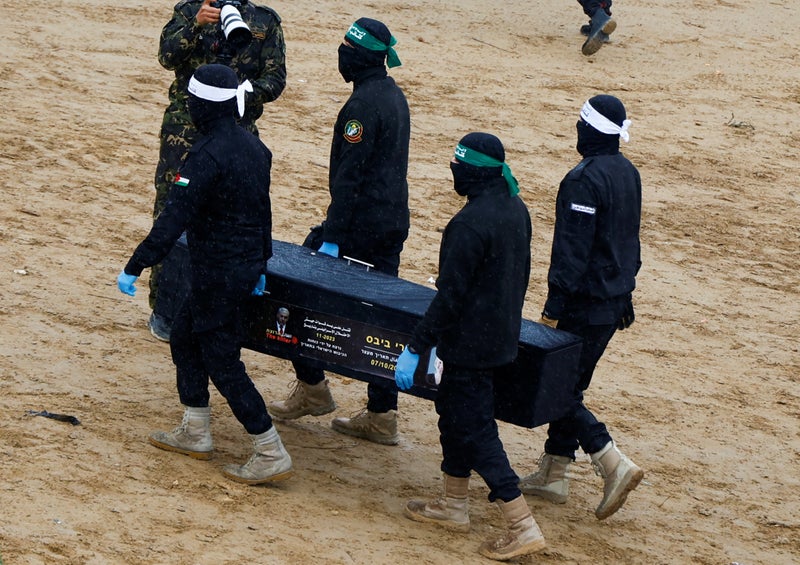
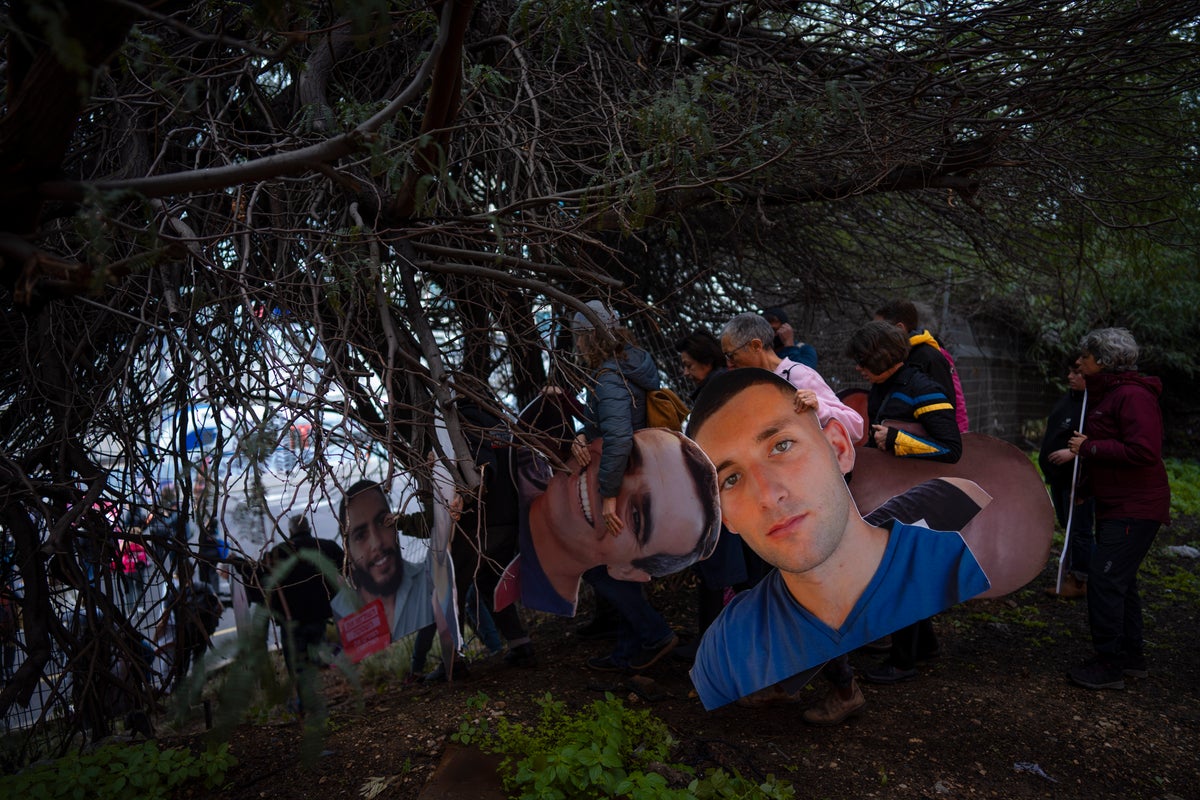
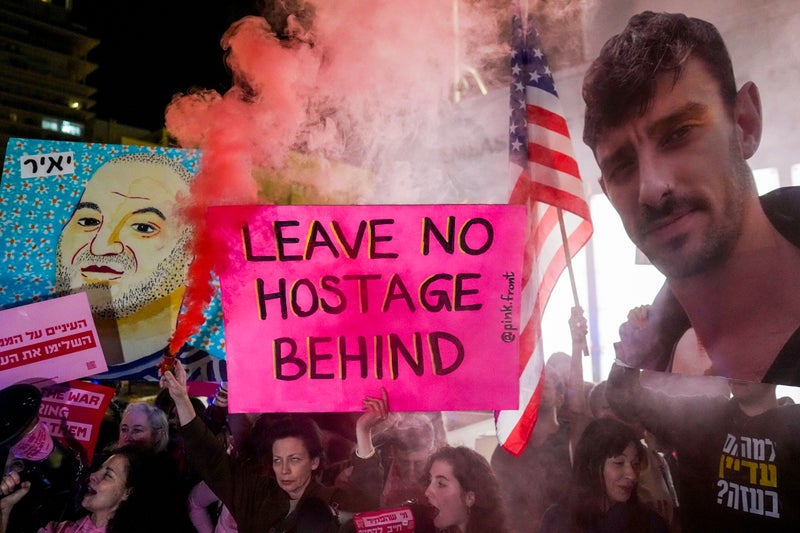

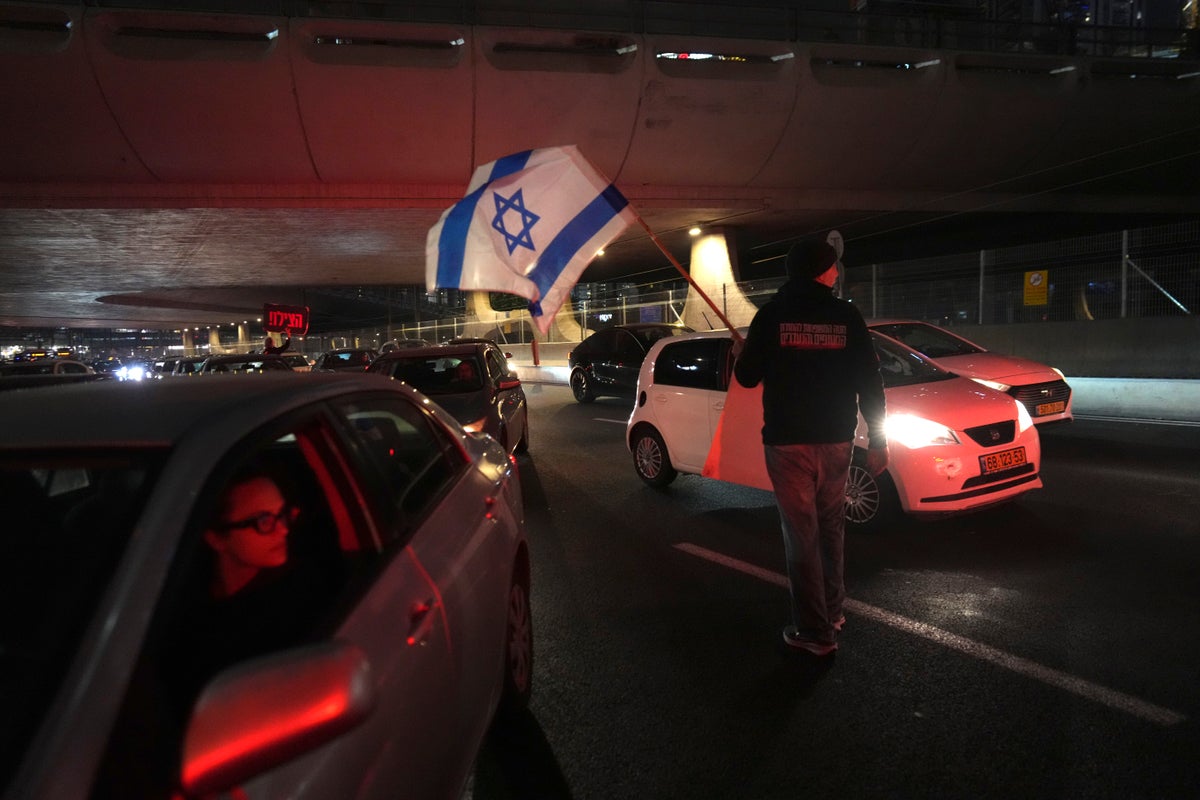






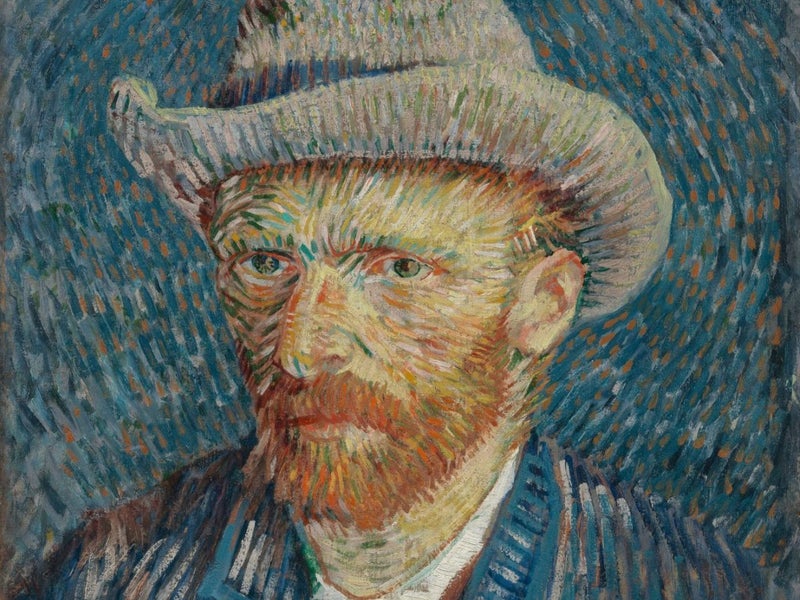
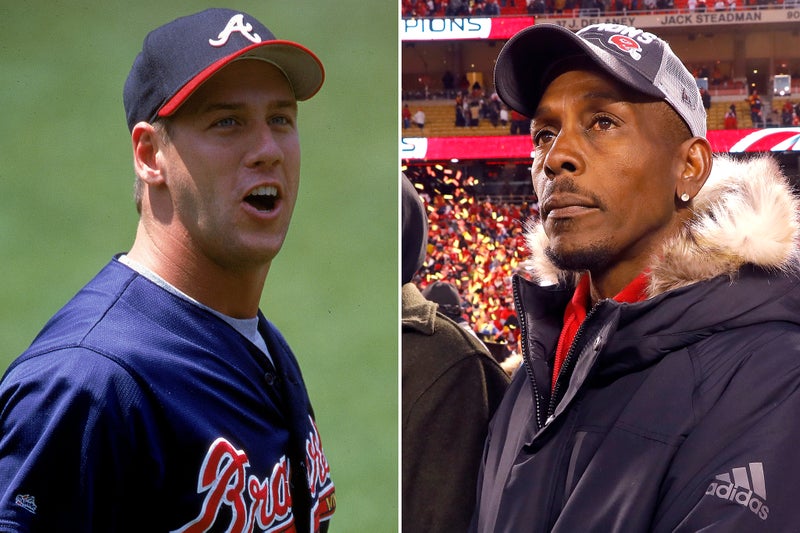
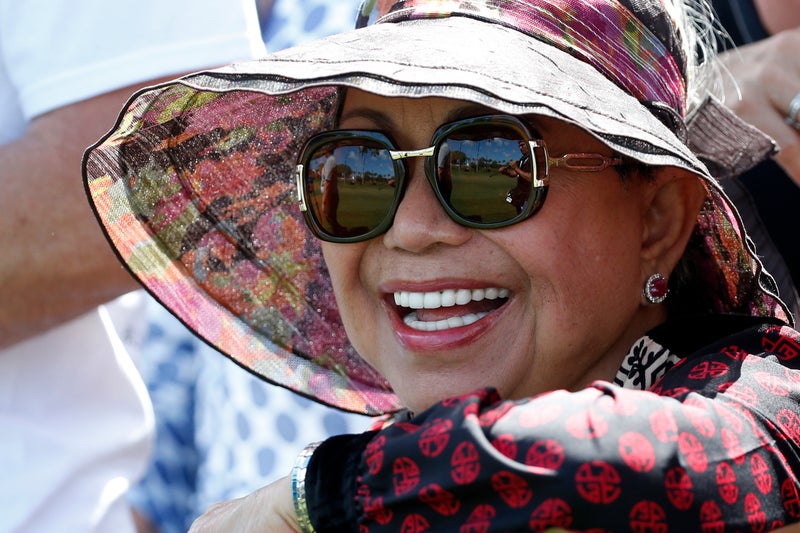

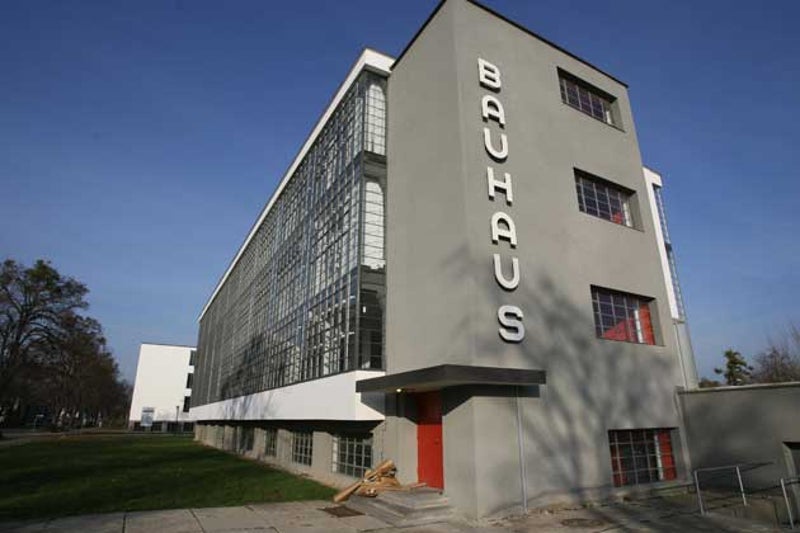
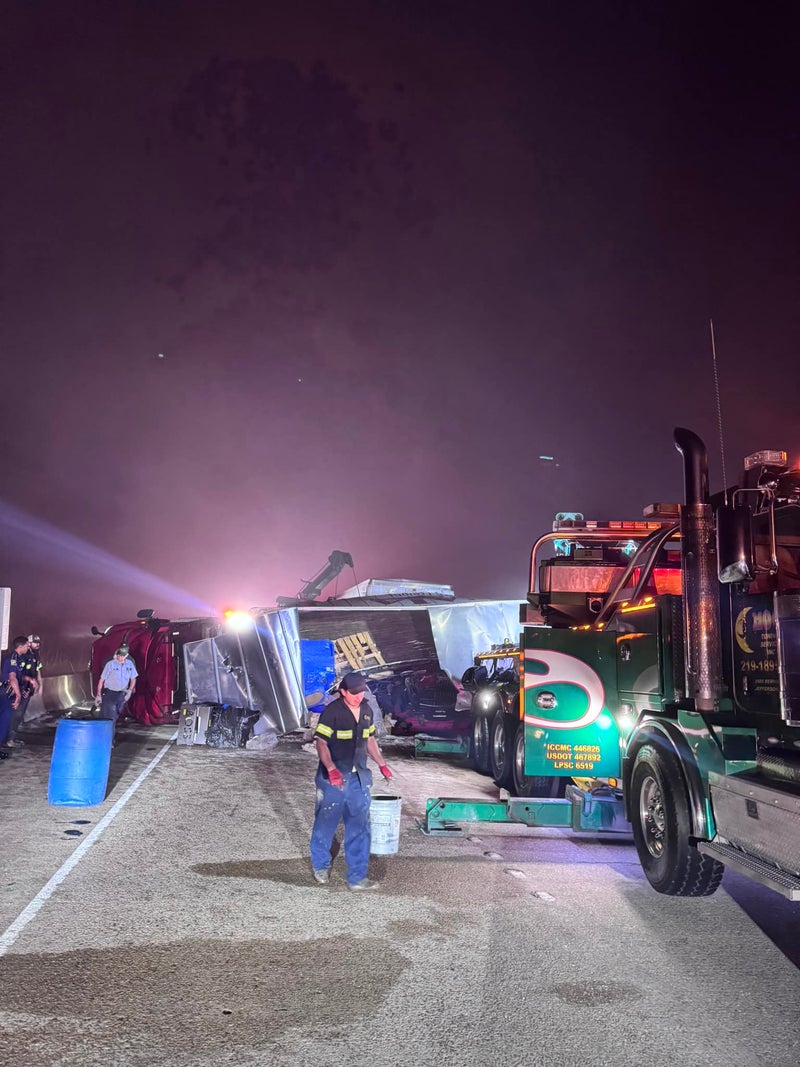

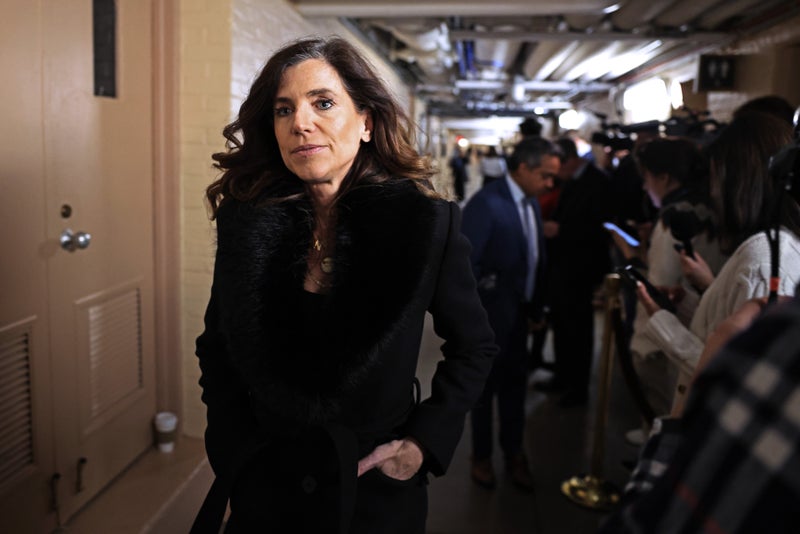

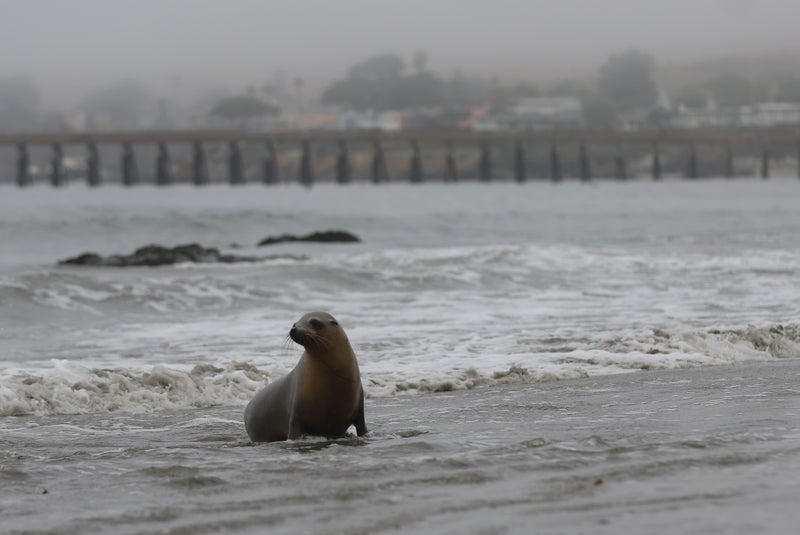


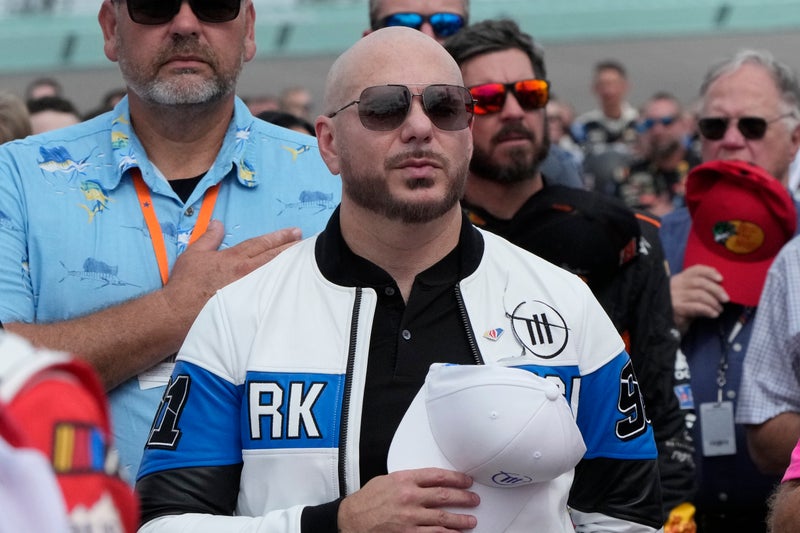
.jpeg?auto=webp&width=800)
